Make Undergraduate Program Decisions Based on Evaluation of Individual Student Learning
In this workshop, participants will learn how to use individual student results for program-level assessment and decision making; …

In this workshop, participants will learn how to use individual student results for program-level assessment and decision making; …
In collaboration with the Graduate Division, the Assessment and Curriculum Support Center hosted this workshop: Graduate Program Assessment-for-Learning-Improvement Showcase. …
This workshop is offer as part of the Leading with Excellence Conference organized by Office of Vice Chancellor …
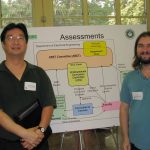
The Department of Electrical Engineering has put in place an assessment process that (1) has educational objectives and …

This poster presents an in-process plan for assessing student learning outcomes (SLOs) in ELI 83, the English Language …
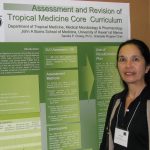
The Tropical Medicine Curriculum Committee reviewed the organization and content of the Tropical Medicine MS and PhD core …

In February 2009, the TIM School, through its Faculty Senate, began a process of program assessment with the …
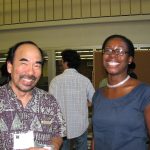
The Department of Psychology has adopted the learning goals and outcomes proposed by the American Psychological Association Task …
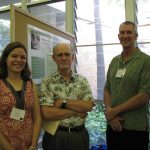
The LIS Program believes that assessment is the key to improving student learning and refining our teaching. The …
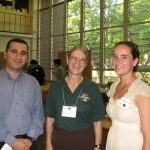
A successful Animal Science program produces graduates that are well-prepared to assume professional roles in the work force …
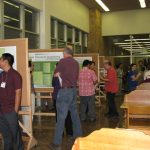
The Department of Botany faculty members have completed the initial steps of developing a program assessment plan for …

The B.S. degree in Marine Biology from the University of Hawaii at Manoa College of Natural Sciences is …
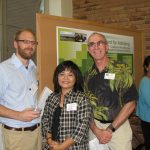
In the last few years, the need has increased at UHM for students to more actively engage in …

TIM school began to build the program assessment frame in 2009 and have developed the student learning outcome, …
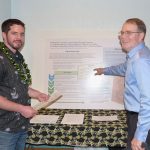
In Spring 2013, the Matsunaga Institute for Peace and Conflict Resolution (MIPCR) began a program review process by …
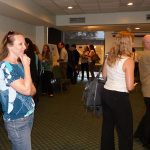
SLS 150 (Learning Languages and Communicating in a Globalized World) is an introductory course mainly for first-year (freshman) …
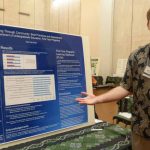
Access to College Excellence (ACE) at UHM provides a series of first year programs that serve approximately 25% …
In this workshop, participants will learn program learning outcome assessment practices in graduate programs; tools and strategies to …
This workshop will provide tools, illustrate process, and showcase best practices in using students’ achievement work (e.g., theses, …
In this workshop, the facilitator will discuss how faculty members can use program-level assessment results for program improvement. …
In this workshop, attendees will learn components of an assessment plan; strategies to involve faculty and students in …
This workshop will introduce you to common evidence collection methods used in program assessment: exams, portfolios, surveys, interviews, …
This workshop explores how exit interviews can be used to collect direct evidence of student learning. PowerPoint and …
This workshop will help you design an effective, learning-centered syllabus that encourages students to take responsibility for their …
In this workshop, participants will learn how to construct and use rubrics to save time and engage students …
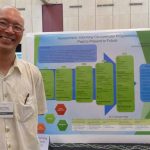
The Learning Assistance Center (LAC) offers academic support, e.g., tutoring and supplemental instruction (SI) study groups, for students …

Five faculty in Department of Microbiology run five programs (BS/BA Microbiology; BS Molecular Cell Biology (MCB); MS/PhD Microbiology). …
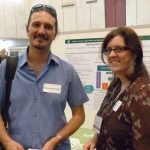
Two departments have begun the process of merging undergraduate programs to address a number of challenges faced by …
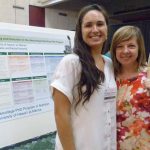
The Intercollege Nutrition PhD Program is a relatively new program, begun in Fall 2007. The Program has recently …

The Master of Early Childhood Education Program is a 2-1/2 year, 30 credit hybrid program is primarily delivered …
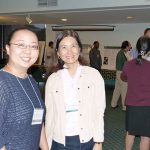
The Communication Department’s undergraduate curriculum is currently guided by seven SLOs (Student Learning Outcomes), which are demonstrable skills …
Enhance graduate students’ learning environment through the tools of program learning assessment. Hear from and share with our …
Last Updated: 4 March 2024. Click here to view archived versions of this page. Note: The information and …